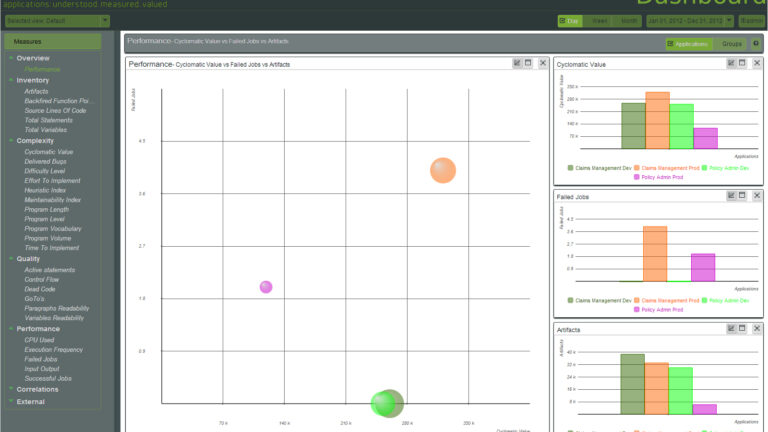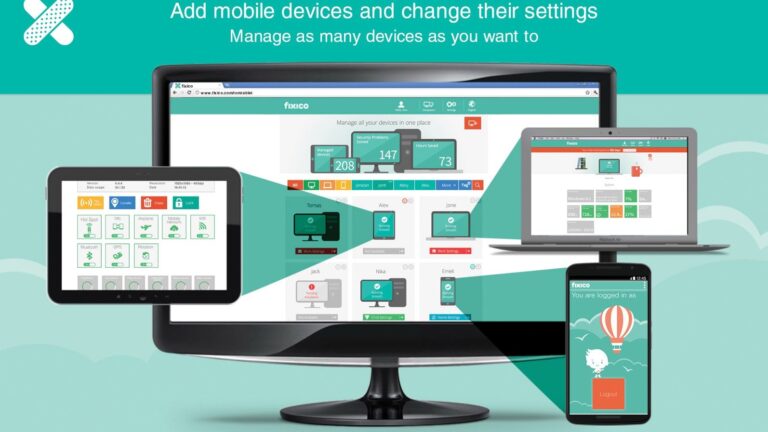
IBM’s cognitive computing platform, which will give a “secure and open platform for physicians, researchers, insurers and companies focused on health and wellness solutions,” recently graduated from a research project for studying medicine holistically at its R&D lab in Haifa.
“Watson went to medical school, and now it’s set to graduate,” Dr Aya Soffer, director of big data and cognitive analytics at the Israel unit, told Times Of Israel. “We’ve had it study the medical literature, and now it’s ready to apply its natural language processing skills to real-life applications.”
The cloud-based interface includes 13 modules that “help developers showcase integrated technology into customer services and applications.” Soffer said the researchers at Haifa added significant value to the platform.
Earlier this year, IBM announced its plan to dramatically advance the quality and effectiveness of personal healthcare with its Watson Health Cloud, which comprises an intelligent analysis and understanding of medical data.
IBM’s partners Johnson and Johnson, Medtronic, and Apple will use the Watson Health Cloud to access the aggregated clinical, research and social health data.
“Pharmaceutical firms are using Watson to discover relationships between diseases, symptoms, nutrition, environmental factors, and more, in order to determine the best way to treat a disease, in a much more holistic manner than would have been possible before,” Soffer told TOI. “The information is presented in clear graphs, charts, and reports, all cloud-accessible, and the software learns and remembers based on results, honing its cognitive capabilities to present ever-more accurate results.”
“We worked extensively with medical experts, especially with oncologists, to develop the intelligence Watson uses to query the medical data and make recommendations. We see Watson as an adjunct for medical personnel, providing insight into issues and problems that will help doctors make better, more informed decisions,” she said.
“Watson was built to show the capabilities for artificial intelligence and using and understanding natural language,” Gabi Tal, one of the creators of IBM’s Global Technology Unit, based in Haifa, said in the report.
The supercomputer has shown capabilities for finance, healthcare and customer services.















